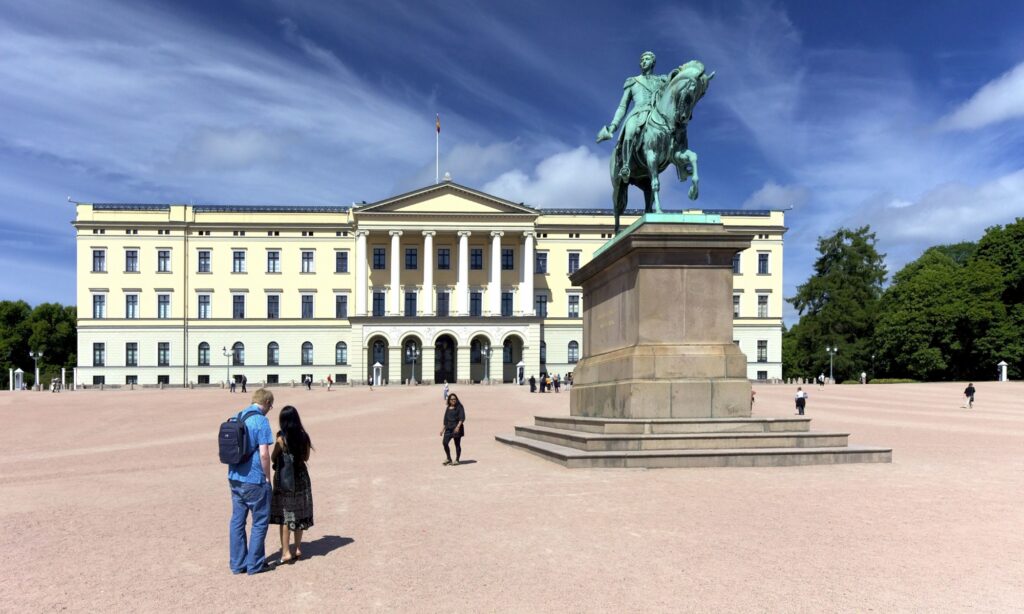Photo: IC
By Liu Xin
The United Nations World Food Programme (WFP) was awarded this year’s Nobel Peace Prize on Friday for its efforts to combat hunger and improve conditions for peace in war-hit areas.
While many applauded the result and acknowledged WFP’s contributions, it was still unexpected since the World Health Organization had been favored, as it is leading the global fight against COVID-19.
Some observers said WFP is a choice made by the Norwegian Nobel Committee to avoid controversy, noting that the choice could not change the fact that the peace prize has a record of being used for political manipulation, especially when it comes to nominating candidates against China.
WFP was cited for its efforts to combat hunger and improve conditions for peace in war-hit areas. The award was also a call to the international community to fund the UN agency adequately, and to ensure people were not starving, Committee chairman Berit Reiss-Andersen said.
More than 300 individuals and organizations had been nominated for this year’s peace prize, including the World Health Organization (WHO), Swedish teenage climate activist Greta Thunberg, and New Zealand’s Prime Minister Jacinda Ardern.
The WHO was previously seen as a favorite for coordinating global response to the COVID-19 pandemic.
Compared with the WHO, the WFP was a safer choice for the committee, as it has not been criticized by the US, Zhang Yiwu, a professor at Peking University, told the Global Times. “The committee may not have wanted to offend the US,” he said.
The WHO has been criticized by US President Donald Trump for the COVID-19 pandemic, who announced a cut in financial support to the organization.
Experts noted that, in recent years, more people, especially the Chinese, have seen through the true value of the Nobel Peace Prize – a political tool manipulated by Western powers.
In addition to the above mentioned, this year some nominees were from China. A Norwegian member of parliament Guri Melby announced on her Twitter account in October 2019 that she has nominated the people of Hong Kong, more specifically the (anti-)extradition bill movement for the 2020 Nobel Peace Prize.
The anti-China propaganda network Radio Free China reported that Ilham Tohti, a former university lecturer who was serving a life sentence for separatism in China, was also on the nominee list.
Rioters in Hong Kong have hurt the city’s social order and people’s livelihood, and Ilham has been proven to be a separatist who violated the law. Nominating these people or people who have been tagged as “dissidents in China” by the West once again showed the committee’s long-standing ideological bias against China, Zhang said.
This is not the first time “dissidents in China” have been nominated or awarded with the Nobel Prize.
The Norwegian Nobel Committee granted the peace prize to Liu Xiaobo in 2010, a Chinese convict who was sentenced to 11 years in jail in 2009 for the subversion of state power and died of multiple organ failure due to liver cancer in 2017, which soured China-Norway relations. The 14th Dalai Lama, whose clique is working to split China’s Tibet Autonomous Region from the country, was awarded the prize in 1989.
The Nobel Peace Prize, established by Alfred Nobel in 1895, is one of six awards that also cover literature, physics, chemistry, medicine or psychology, and economic sciences. Winners across these fields deserve the laurel for their achievements and the contributions they have made to the world. For the peace prize, however, experts said it is closely related to values and ideology, and therefore many selections concerning to China are made for political reasons.
Previous winners from China, or this year’s nominees related to China, are made to support Western media’s smearing of the Chinese government as a “totalitarian authority,” and portraying China as a society which has no freedom, experts say.
“The Nobel Peace Prize has been deeply drawn into modern politics, and with various forces from states, organizations and politicians across the world, it has nothing related to fairness or justice when it’s related to China,” Zhang said.


